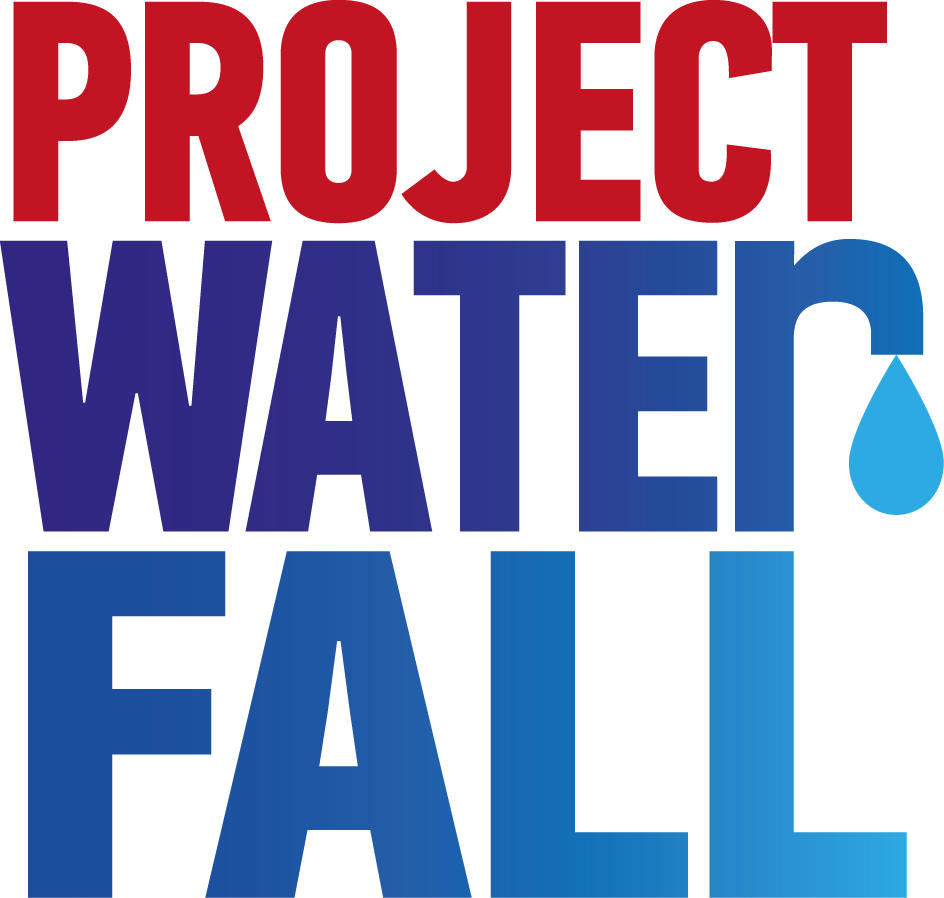“Since the water is not clean, my children get sick. The youngest one, Hulugeta, especially has stomach ache most of the time. We know it is because of the water, but we can’t do anything about it”
Kibeb Tilaye is 40 years old. She lives in a village called Woyinima Workima in Jabi Tehnan District of Ethiopia. She lives with her husband Gedefe Asmamaw and their six children. Like many other people in the area, they have a plot of land on which they grow millet, red pepper and coffee.
Interview
My name is Kebeb Tilaye. I am 40 years old. My husband, Gedefe Asmamaw and I have six children - three boys and three girls. Yemer Gedefe is our first born and she is 27; the second one is Sashitu Gedefe, she is 20; Gebremariam Gedefe is the third one and he is 18; Abetew Gedefe, 15, is the fourth one; Tadela Gedefe is our fifth child and she is 9; the youngest one is Hulegeta and he is 2 years old.
Like many people in our area, we are farmers. We have a small plot of land on which we grow coffee, millet and red peppers.
Current water source
Unfortunately, we don’t have tap water near our house. We need to walk for about 20 minutes to get water. We fetch water from a spring called Enqurqur. I am the one who fetches water most of the time. Whenever my daughters Shitu and Tadela don’t have school, they help me. Otherwise, I don’t want them to miss school because of collecting water.
Since the water is not clean, my children get sick. The youngest one, Hulugeta, especially has stomach-ache most of the time. We know it is because of the water, but we can’t do anything about it.
Kibeb’s youngest son Hulugeta, 2.
Coffee beans that have been harvested from Kibeb’s coffee farm
Coffee growing and water
It has been almost two years since we start planting coffee. Like any other plant, coffee also needs plenty of water to grow. Currently we make a living by selling the produce. The produce is seasonal, and it varies from time to time. There is a traditional irrigation system in the neighbourhood, and we use that. However, since the water is not enough, we take turns to have access to the water.
If we had enough water, then I believe our produce would increase and our lives would also change for good.
Kibeb Tilaye, 40, spreading out the coffee beans that she has collected from her farm so that they can dry
A coffee tree on Kibeb Tilaye’s farm
Clean and safe water
I see a tap being constructed in our neighbourhood and I am looking forward to getting water from there. As I said, currently the water that we get is not clean. Besides, it is a bit far from where we live. Getting water takes much of our time.
Clean water is very much essential for our lives. When the tap water starts providing water, we will use our time effectively, and we can even dedicate our time to work on our farms. When we do that, our produce increases and our lives would also become better. Our children will become healthy and they won’t be bothered about fetching water from the spring. Instead, they will focus on their education.





